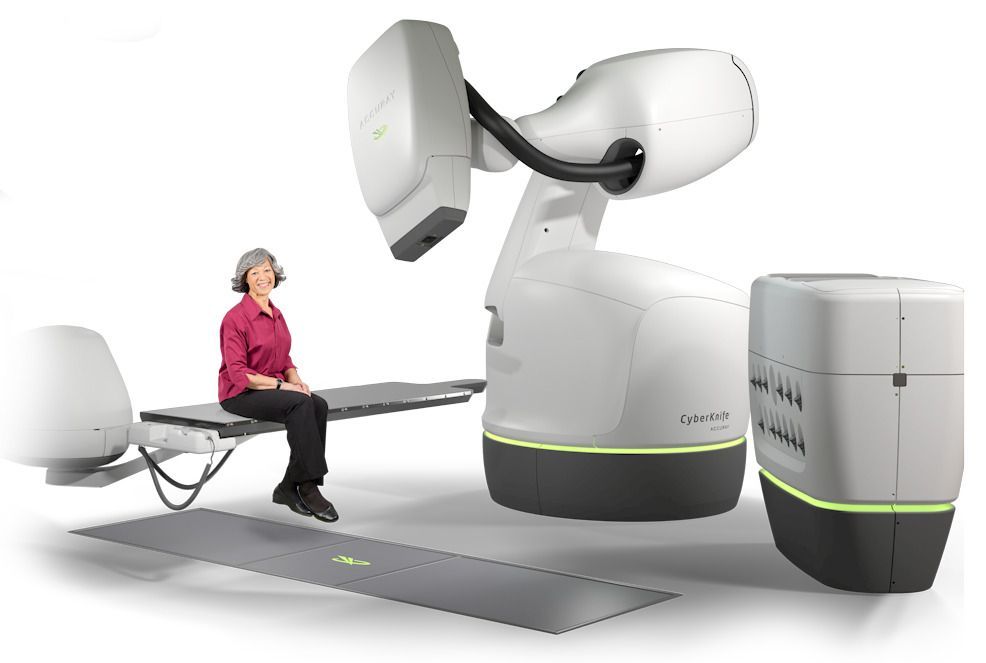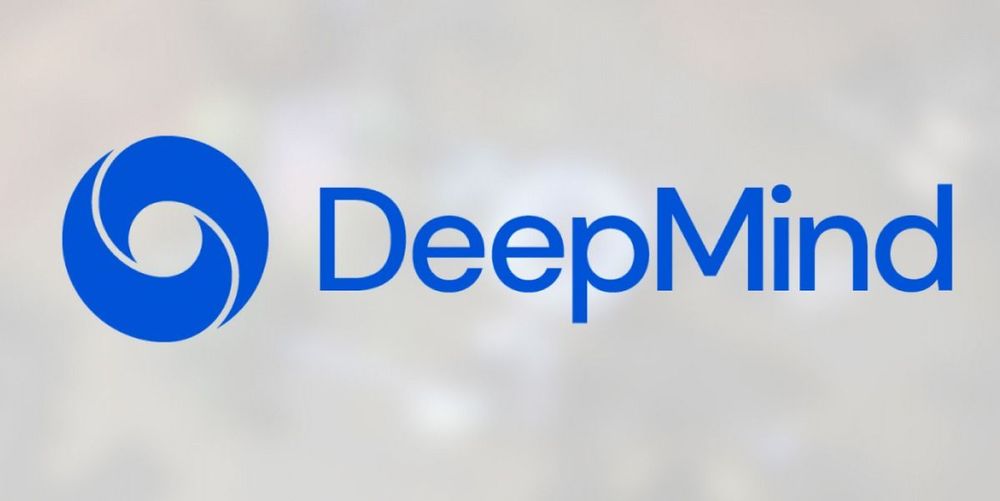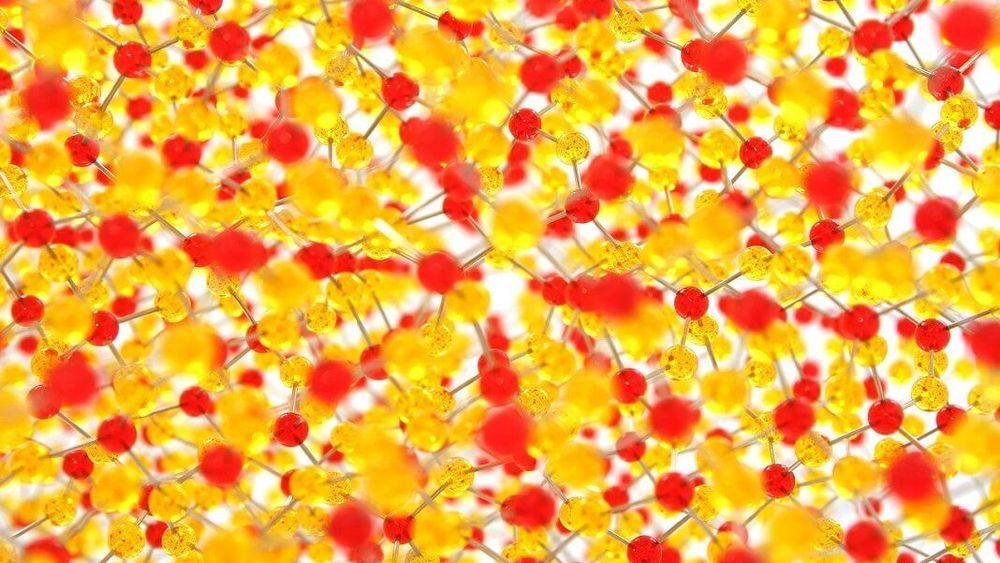Circa 2011
Gravity is no obstacle for this climbing robot. It scales vertical walls—even those made of smooth materials like glass. Jeff Krahn, an engineer from Simon Fraser University in British Columbia, created this gecko-inspired tank of a robot, which he detailed in a paper in the journal Smart Materials and Structures this week.
Like a gecko, which can hang on to sheer glass with just one toe, the climbing bot uses what physicists call Van der Waals forces to stick to the wall. Its tanklike tracks are covered in a dry adhesive, a polymer resembling silicon that allows adhesion without chemicals or added energy. The molecules that make up this substance are temporary dipoles; they have a positively charged side and a negatively charged side. The charged sides of the molecules are attracted to their corresponding opposites on the wall the robot is climbing: negative to positive, positive to negative. Given enough surface area for these attractions to take place, Van der Waals forces can keep a pretty substantial weight stuck to a vertical wall. The climbing bot, for example, weighs in at half a pound.
To boost the climbing bot’s stickiness, Krahn needed to increase the surface area of its tracks, which allows more molecular interactions. So the tracks are covered with small bumps shaped like mushroom caps, each about the size of a human red blood cell. These bumps also allow the bot to cling to microscopic bumps and cracks in the surface of whatever it’s climbing. However, Krahn’s creation can’t scale a surface that’s too rough; the texture of concrete, for example, wouldn’t provide enough surface area for its tracks to get the proper grip, Krahn says.



